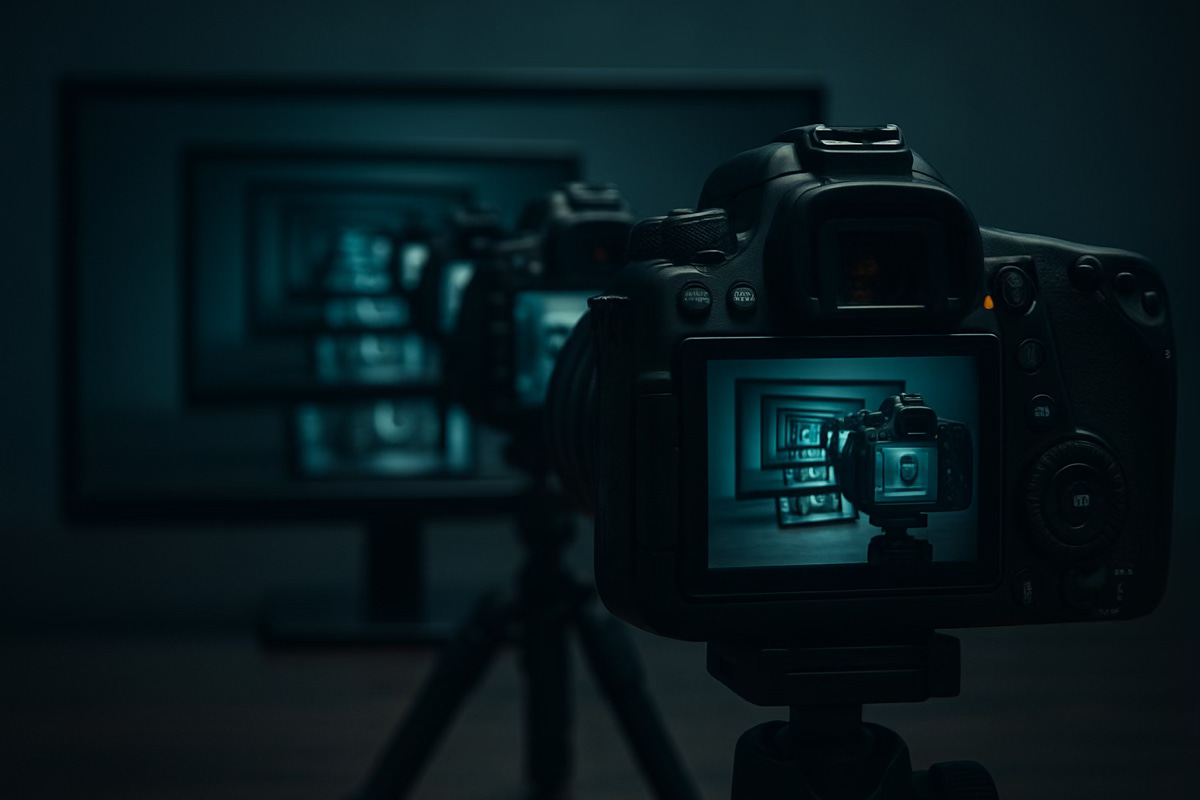The Architecture
Innocent Ignorance
We keep trying to fix the system by changing the people in charge; new leaders, new policies, new approaches to the same old problems.
And yet somehow, the same patterns keep emerging. Different faces, different parties, different promises, but the same basic dysfunction. The same sense that something fundamental isn't working.
What if we're looking in the wrong place?
"We are trying to navigate exponential complexity with linear logic. We are treating dynamic, living systems like static ones. We are applying legacy scripts to live conversations. And we are failing."
The failure isn't moral or intellectual. It's architectural.
We're running on cognitive infrastructure that was built for a different world. Hardware designed for village life, trying to process the data stream of a global civilisation.
"Our lives are controlled, limited, and sometimes up-ended by the effects of a simple but fundamental misunderstanding of how our minds operate."
The misunderstanding goes deep. We think of consciousness as the driver, the unconscious as the passenger. We imagine we're rational agents making deliberate choices based on careful analysis, but the actual relationship is almost exactly backwards.
"It's estimated that the human unconscious processes information up to 275,000 times the rate of the conscious mind. That's not a metaphor, it’s a staggering, difference in processing power."
While you're deciding what to eat for breakfast, your unconscious is running thousands of calculations: social status, threat assessment, resource allocation, tribal alignment, emotional calibration. All of it happening below the threshold of awareness.
All of it shaping what feels reasonable, what seems obvious, what appears to be common sense.
"You don't live in the world; you live in a simulation of the world constructed by a nervous system trying to keep you alive in a reality too complex to process."
The simulation isn't false exactly, but it's highly edited. Filtered through priorities and assumptions that evolved in a very different context.
Your brain doesn't show you reality. It shows you a version of reality optimised for the survival needs of a small-group living 200,000 years ago.
"We are, at our core, still Palaeolithic beings. For hundreds of thousands of generations, we lived in small, tribal communities where nothing changed across tens of generations. The pressures we faced; finding food, avoiding predators and staying in the tribe, shaped the biological and psychological machinery that's still running the show today."
That machinery worked beautifully in its original context. It kept us alive, helped us cooperate, enabled us to build the foundations of human civilisation.
But now we're asking it to handle global supply chains, nuclear weapons, social media algorithms, and climate change. We're feeding it information at volumes and speeds it was never designed to process.
"The problem isn't that anyone is broken. It's that no one sees the loop, no one sees the code. So we keep reacting, we keep doubling down. And we keep mistaking it for fate."
The code is invisible because it's running automatically. Like the operating system on your computer, it stays in the background, managing the basic functions that make everything else possible.
But unlike your computer's OS, this code was written by evolution, not engineers. It prioritises survival over accuracy, belonging over truth, fast decisions over careful analysis.
"Until you make the unconscious conscious, it will direct your life and you will call it fate."
Jung saw this clearly. The patterns that govern our lives aren't random, they're not imposed by external forces. They emerge from the interaction between ancient programming and modern circumstances.
Individual patterns, scaled up and networked together, become cultural patterns. Cultural patterns become institutional patterns. Institutional patterns become the systems we think are separate from us.
"The world isn't malfunctioning. It's functioning exactly as it must, given the operating system it runs on. The problem isn't the world .. it's the way we're programmed to see it."
If you start to hold the idea that architecture of human systems is a kind of reflection of the humans, you can begin to work with it instead of against it.
Not to control it, but to understand it well enough that it stops controlling you, us a runaway recursive feedback loop, in danger of collapsing many things.
Systems unconsciously defined by us won't change, in their fundamental direction, until we do.
From "Morning Waits: Awakening to What Is Within You"


